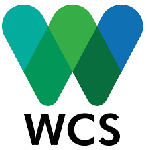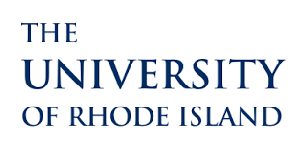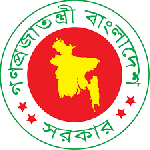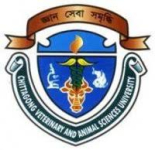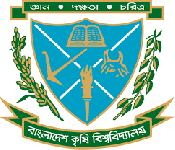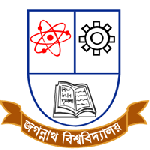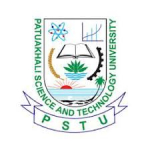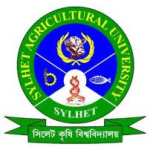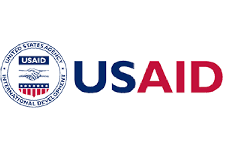The national fish of Bangladesh, Hilsa (Tenualosailisha), once flourished in the Ganges/Meghna Rivers and 100 other rivers in Bangladesh. Engrained in the Bengali culture of Bangladesh and India, Hilsa is a highly nutritious and popular foodfish. A gradual decline of the Hilsa fishery reached a nadir of 0.19 million MT caught in 1991-1992. With GOB fisheries conservation management, Hilsa currently comprises 0.319 million MT (11% of approximately 2.9 MT of Bangladesh’s fish production), equivalent to 1% of GDP (Wahab, Phillips and Mohammed, in press). In addition to providing an important contribution to food and nutritional security, Hilsa are important culturally, socially, and religiously to Bengalis.
Bangladesh is ranked first among countries most vulnerable to tropical cyclones and sixth most vulnerable to flooding. Given projections of climate change, the relative importance of fisheries to the national economy and diets, and limited capacity to adapt, fisheries in Bangladesh rank amongst the most vulnerable globally (Alison et al., 2009). By 2050, the increasing severity of floods and droughts is estimated to adversely affect 80 million people. This project will target Barisal and Khulna Divisions, which according to World Food Program poverty maps (2005) has some of highest poverty rates in the country. Environmental change, income and asset poverty, social, economic and political marginalization, poor responsiveness of state agencies, and inadequate social capital are all factors that contribute to loss of life and livelihoods during extreme climate events. Building resilient socio-ecological systems will require enhancing the adaptive capacity and social capital of vulnerable women and men, particularly in the area of resource management and decision-making, as well as strengthening the capacity and responsiveness of state agencies to support fishing community activities.
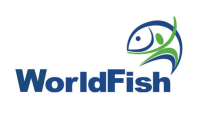
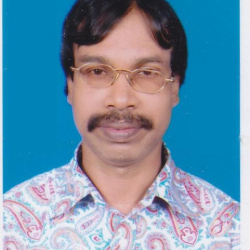

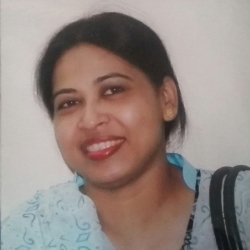

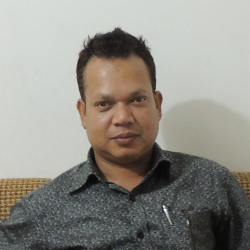
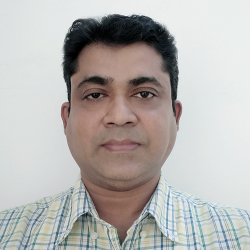
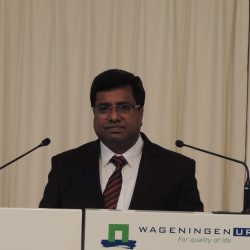
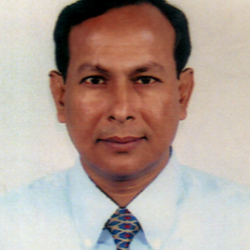

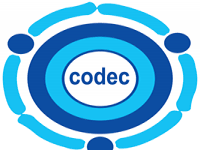
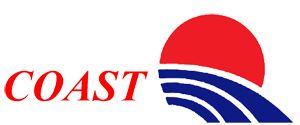

.jpg)

